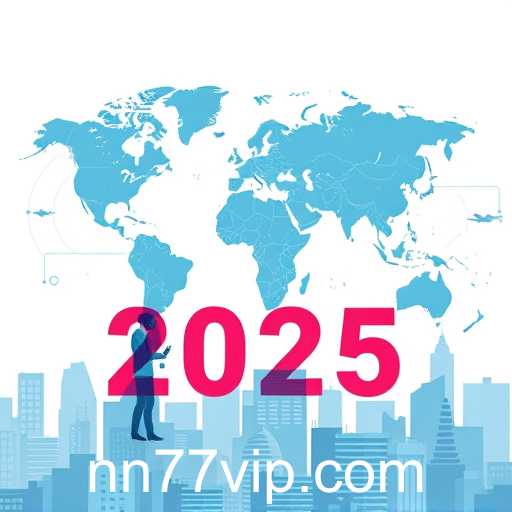An in-depth analysis of how artificial intelligence is transforming the global workforce and what it means for future employment trends.
In recent years, the rapid advancement of artificial intelligence (AI) technology has been a topic of significant interest and concern within global employment circles. The year 2025 marks yet another milestone in this unfolding narrative, as AI continues to shape the dynamics of the workforce around the world.
One of the most notable impacts of AI technology is the automation of tasks that were traditionally performed by humans. Industries such as manufacturing, logistics, and even services are increasingly utilizing AI to improve efficiency and productivity. This transformation is not without challenges, as it necessitates a shift in the skill set required from the workforce to one that is more tech-savvy and adaptable.
A report from the World Economic Forum indicates that while AI may displace certain jobs, it also has the potential to create new opportunities. The rise of AI-related positions, such as machine learning specialists and data analysts, represents a growing segment in the job market. This shift requires robust training programs and policies to upskill the existing workforce, ensuring that employees are prepared for the evolving job landscape.
Moreover, AI's impact is not uniformly distributed across all regions. Developed countries with advanced technological infrastructures are better positioned to harness AI's potential, while developing nations may face more significant hurdles. This discrepancy could lead to a widening of the economic divide if not addressed through international cooperation and investment in digital infrastructure.
In addition to economic impacts, AI is prompting significant ethical and regulatory discussions. Concerns about data privacy, algorithmic bias, and the accountability of AI decisions have prompted calls for comprehensive regulations to govern the development and deployment of these technologies. Policymakers worldwide are grappling with the challenge of crafting legislation that balances innovation with protection against potential risks.
As we move further into 2025, it is clear that AI will continue to be a pivotal factor in shaping the future of work. Stakeholders from various sectors must collaborate to ensure that the benefits of AI are widely accessible and that its challenges are proactively addressed. Through strategic planning and cooperation, the global workforce can adapt to this new era of technological advancement.




